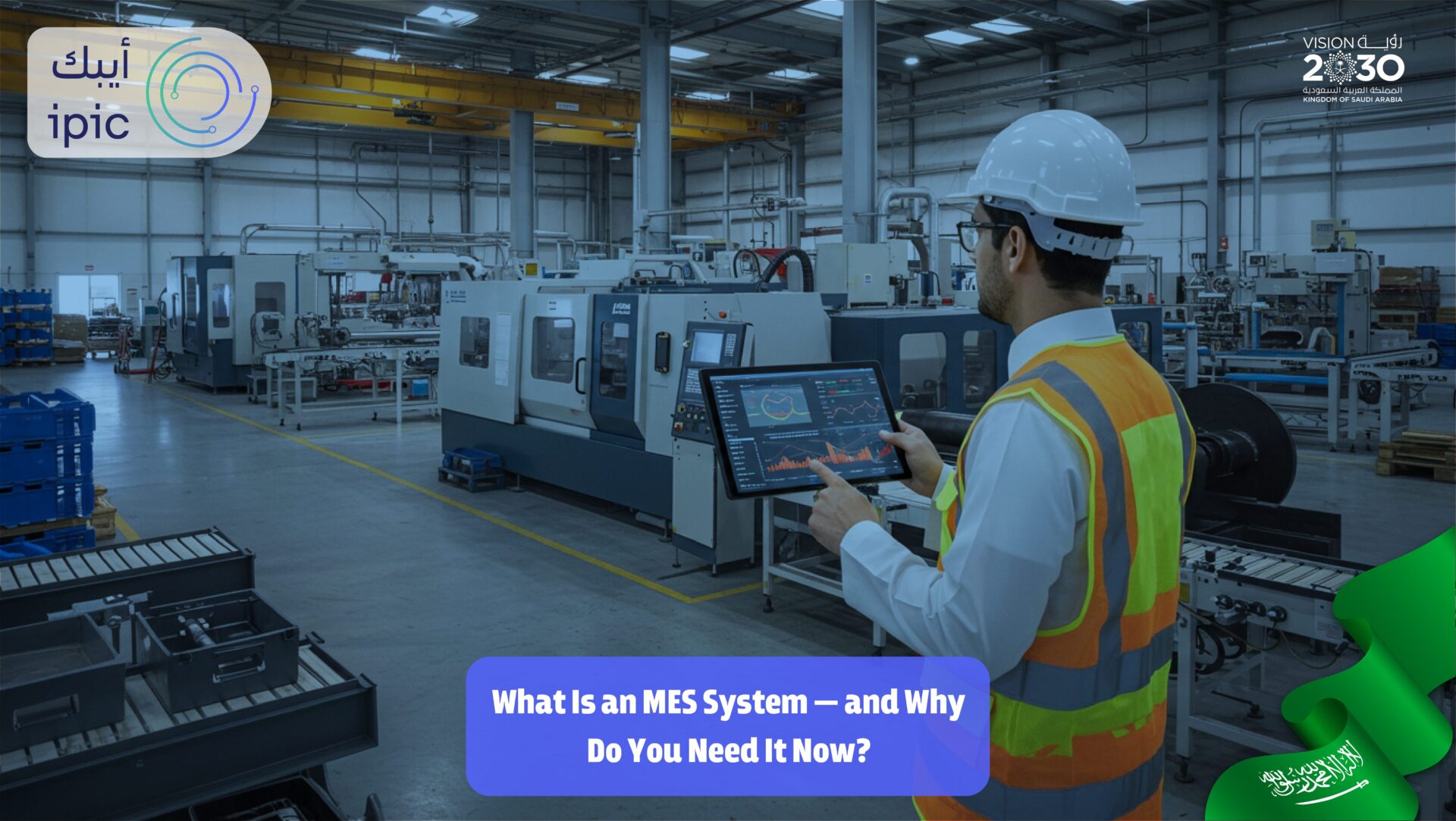What Is an MES System — and Why Do You Need It Now?
In today’s fast-paced industrial world, manufacturers face increasing pressure to cut costs, increase efficiency, and stay competitive. To meet these demands, factories need more than just automation—they need smart, connected systems.
One of the most critical components of this digital transformation is the Manufacturing Execution System (MES).
What Is an MES?
MES is a software platform that bridges the gap between enterprise-level planning systems (like ERP) and shop-floor operations. It monitors, controls, and optimizes manufacturing processes in real-time—from production order release to the finished product.
In simple terms: MES is the “smart eye” inside your factory.
What Does MES Do?
- Tracks production orders end-to-end
- Monitors machine and line performance in real time
- Connects equipment with digital systems
- Records quality control and compliance events
- Logs downtime and inefficiencies
- Collects and analyzes production data automatically
Why Do You Need MES Now?
1. Because challenges are more complex than ever
In the past, pen and paper could suffice. Today, factories must be fast, flexible, and precise—something traditional systems can’t deliver.
2. To reduce waste and increase efficiency
MES helps eliminate material and time waste through precise monitoring and performance analysis.
3. To ensure higher product quality
Any process deviation is detected immediately, allowing for corrective action before defective products are made.
4. To enable data-driven decisions
Real-time performance data allows managers and supervisors to make smart, quick decisions based on facts—not guesses.
5. To prepare for Industry 4.0
MES is the foundation for implementing technologies like Industrial IoT (IIoT), big data analytics, and AI-driven manufacturing.
How IPIC Helps You Implement MES
IPIC offers end-to-end MES solutions tailored for modern industrial environments, including:
- Digital readiness assessments
- Roadmap and transformation planning
- MES system deployment and customization
- Integration with ERP, IoT, and other platforms
- Training and onboarding for operational teams
- Ongoing support and system optimization
Conclusion
MES is not a luxury—it’s a necessity for efficient, quality-driven, and competitive manufacturing.
In a rapidly evolving world, smart factories are those that can see, analyze, and improve every step of the production cycle.
Can your factory do that today?
If not yet, then it’s time to talk to IPIC.



